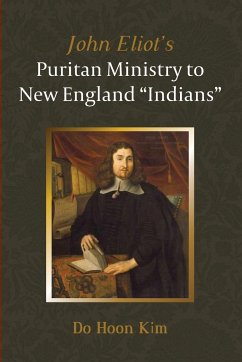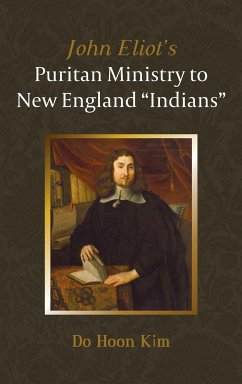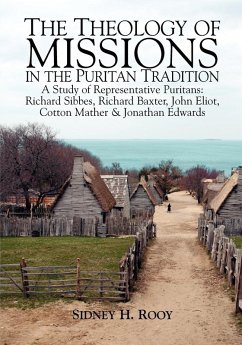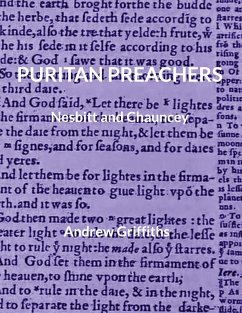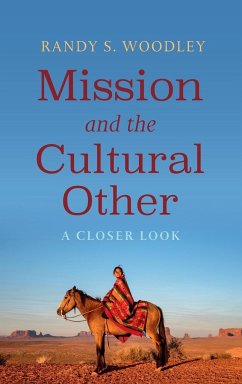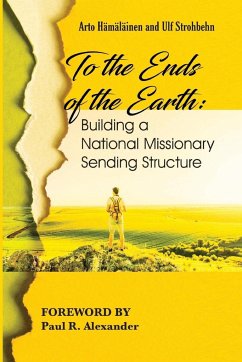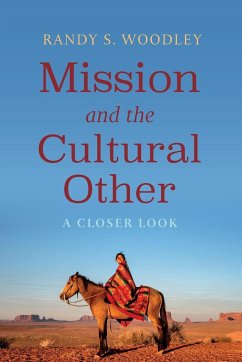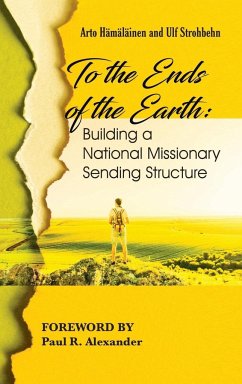John Eliot (1604-90) has been called "the apostle to the Indians." This book looks at Eliot not from the perspective of modern Protestant "mission" studies (the approach mainly adopted by previous research) but in the historical and theological context of seventeenth-century puritanism. Drawing on recent research on migration to New England, the book argues that Eliot, like many other migrants, went to New England primarily in search of a safe haven to practice pure reformed Christianity, not to convert Indians. Eliot's Indian ministry started from a fundamental concern for the conversion of the unconverted, which he derived from his experience of the puritan movement in England. Consequently, for Eliot, the notion of New England Indian "mission" was essentially conversion-oriented, Word-centered, and pastorally focused, and (in common with the broader aims of New England churches) pursued a pure reformed Christianity. Eliot hoped to achieve this through the establishment of Praying Towns organized on a biblical model--where preaching, pastoral care, and the practice of piety could lead to conversion--leading to the formation of Indian churches composed of "sincere converts."
Hinweis: Dieser Artikel kann nur an eine deutsche Lieferadresse ausgeliefert werden.
Hinweis: Dieser Artikel kann nur an eine deutsche Lieferadresse ausgeliefert werden.

